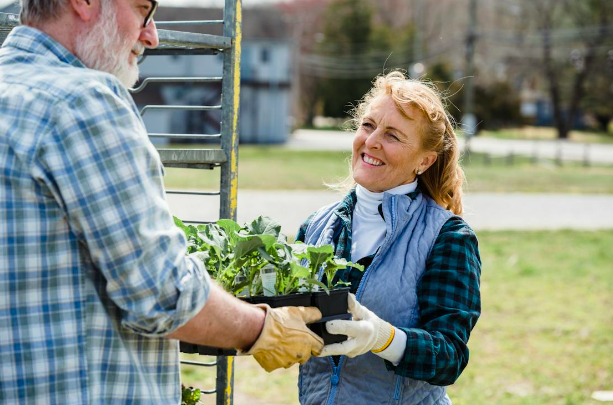
No business is completely detached from the location in which it begins. Even companies that start with online-only ventures are still locked into the laws, compliance measures and tax obligations of wherever the business is registered. While your company may or may render success from the good graces of a local community, you’re still influenced and affected by them in myriad ways.
We tend to think of the “default business” as a set of offices operating from an industrial park or even within city limits. But that hardly covers the whole scope of companies and locations businesses operate in. In fact, some businesses operate in fields quite different from the norm, sometimes even actual fields, as rural markets are growing further and further as remote work and city flight become more common.
Perhaps you have business experience within urban environments. You may wonder – how does running a business differs in rural environments, and what insights should I know before starting one? Those are worthwhile questions. Let’s help you answer them:
Invest In Practical Assets
It’s important to consider which utilities, such as logistical utilities, you need to operate efficiently within this new space. For example, talking to Ineos dealers about outfitting your business with essential 4×4 capable vehicles can help you attend to your premises or travel within the area more easily, especially if you need to do so off-road. Utilities and assets might also include warehouse storage, reformatted loading bays, or generators for practical use.
Referrals Are Essential
Rural communities, by their very nature, are much less densely populated than their urban counterparts. For this reason, you may have fewer competitors, but also less of a burgeoning market to compete for. That means every possible client or customer is a long-term connection, ambassador, or referral-in-waiting.
That’s why it’s important to provide excellent customer service and ensure satisfaction at all levels. It also means using fewer data points to determine market direction and scope but investigating those lessons thoroughly to draw important insights. As you expand, these efforts will provide the bedrock that helps you move forward.
Signage & Presence Is Much More Important
A rural environment can be anything from a local farming network to a vast open space with disparate villages. Depending on what country you operate in, you may be miles from the closest settlement or town. For this reason, it’s important to be very clear about signage and your presence, updating your directions on a continual basis depending on traffic shifts and road works, while also advertising in local spaces and being involved in community events. This way, you can gently gather the exposure you need and curate a more reliable sense of presence in the community. Even if you’re mostly focused on manufacturing for B2B necessities, having this kind of presence makes it easier for the locals, clients and investors to support you.
With this advice, you’ll see just a few ways in which running a business within a local community can differ. But the main principles – diligence, detail-oriented thinking, competition and innovation will always remain valuable.
